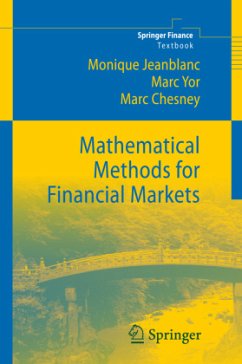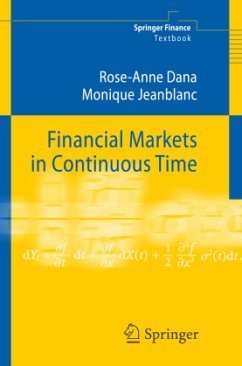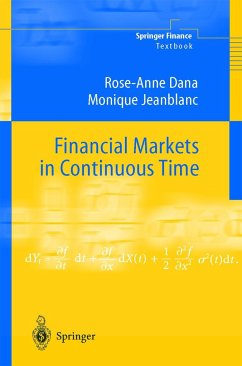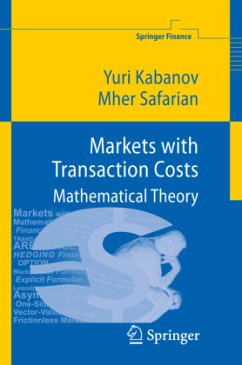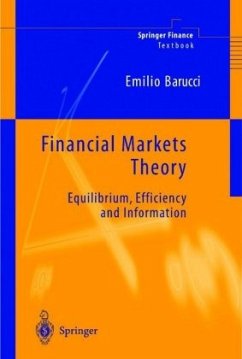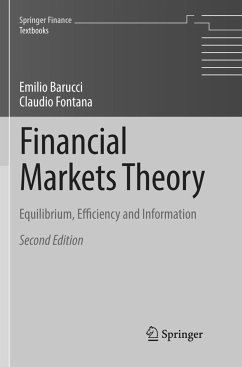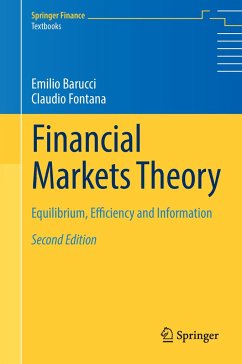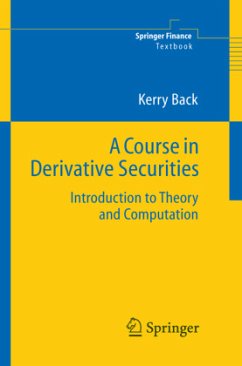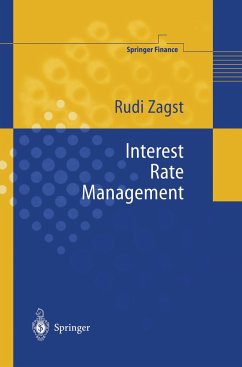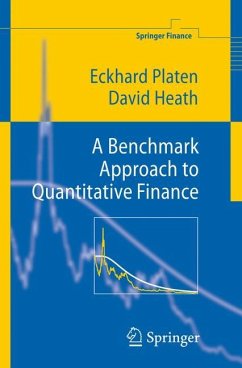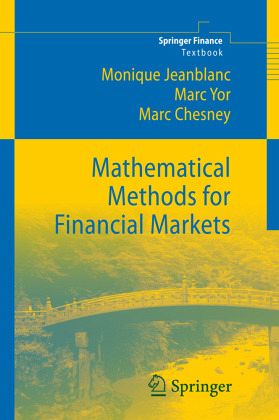
Mathematical Methods for Financial Markets
Versandkostenfrei!
Versandfertig in 6-10 Tagen
100,99 €
inkl. MwSt.
Weitere Ausgaben:

PAYBACK Punkte
50 °P sammeln!
Mathematical finance has grown into a huge area of research which requires a large number of sophisticated mathematical tools. This book simultaneously introduces the financial methodology and the relevant mathematical tools in a style that is mathematically rigorous and yet accessible to practitioners and mathematicians alike. It interlaces financial concepts such as arbitrage opportunities, admissible strategies, contingent claims, option pricing and default risk with the mathematical theory of Brownian motion, diffusion processes, and Lévy processes. The first half of the book is devoted t...
Mathematical finance has grown into a huge area of research which requires a large number of sophisticated mathematical tools. This book simultaneously introduces the financial methodology and the relevant mathematical tools in a style that is mathematically rigorous and yet accessible to practitioners and mathematicians alike. It interlaces financial concepts such as arbitrage opportunities, admissible strategies, contingent claims, option pricing and default risk with the mathematical theory of Brownian motion, diffusion processes, and Lévy processes. The first half of the book is devoted to continuous path processes whereas the second half deals with discontinuous processes.
The extensive bibliography comprises a wealth of important references and the author index enables readers quickly to locate where the reference is cited within the book, making this volume an invaluable tool both for students and for those at the forefront of research and practice.
The extensive bibliography comprises a wealth of important references and the author index enables readers quickly to locate where the reference is cited within the book, making this volume an invaluable tool both for students and for those at the forefront of research and practice.





